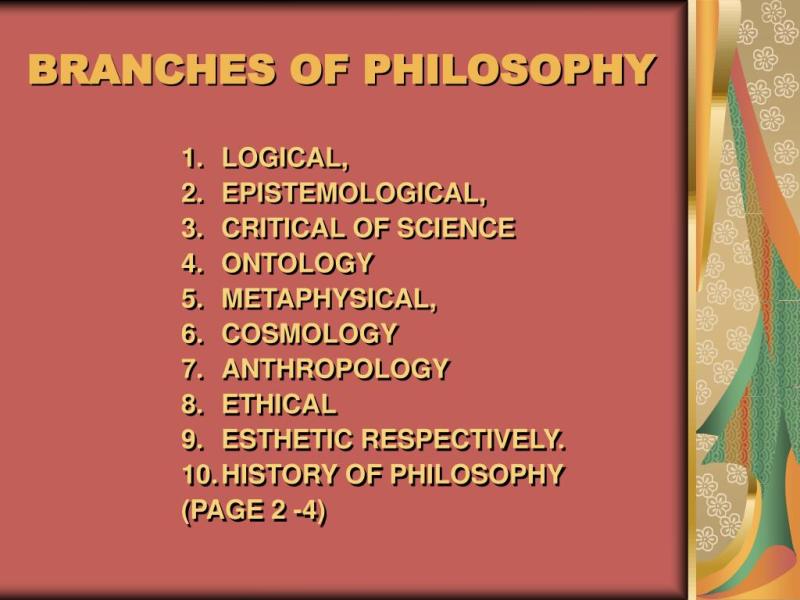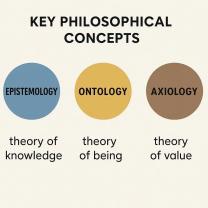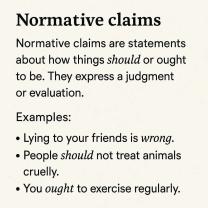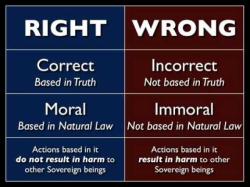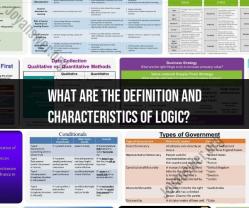What branch of philosophy should you study?
Choosing a branch of philosophy to study depends on your interests, inclinations, and the questions that resonate most with you. Here are some major branches of philosophy and considerations for each:
Metaphysics: Explores fundamental questions about existence, reality, space, time, causation, and the nature of being. If you're interested in questions about the nature of reality, consciousness, and the fundamental structure of the universe, metaphysics might be intriguing.
Epistemology: Focuses on the nature of knowledge, belief, truth, and justification. If you're interested in understanding how we acquire knowledge, the nature of truth, skepticism, and the limits of human understanding, epistemology might be appealing.
Ethics: Explores concepts of right and wrong, moral principles, ethical theories, and the nature of morality. If you're drawn to questions about ethical decision-making, the foundations of morality, or ethical systems, studying ethics could be fulfilling.
Logic: Investigates principles of valid reasoning, argumentation, and inference. If you're fascinated by the structure of good arguments, logical reasoning, and the rules of rational thinking, logic might be of interest.
Political Philosophy: Examines concepts of justice, rights, power, governance, and societal organization. If you're interested in understanding political systems, theories of justice, or the relationship between individuals and society, political philosophy could be engaging.
Aesthetics: Focuses on questions about art, beauty, creativity, and the nature of aesthetic experiences. If you're passionate about exploring the nature of art, artistic expression, and the subjective experience of beauty, aesthetics might be appealing.
Considerations for choosing a branch of philosophy include:
Personal Interest: What questions or topics in philosophy resonate with you the most?
Career Goals: Are you considering a career path that aligns with a particular branch of philosophy, such as ethics in law or political philosophy in governance?
Relevance: Which branch of philosophy do you believe has the most relevance to your life or societal issues you care about?
Interdisciplinary Connections: Some branches of philosophy, like ethics or political philosophy, have strong connections to other fields like psychology, law, or politics. If you're interested in interdisciplinary studies, this might influence your choice.
Exploring introductory texts, taking courses, or engaging in discussions within different branches of philosophy might help you discover which area resonates most with your interests and aspirations. Many philosophers have overlapping interests in multiple branches, so exploring different areas can be enriching and provide a well-rounded philosophical perspective.
What are the key concepts of metaphysics in philosophy?
Metaphysics, the branch of philosophy concerned with the fundamental nature of reality, delves into some of humanity's most profound and enduring questions. While specific approaches and areas of focus within metaphysics can vary significantly, several key concepts form its core:
1. Being and existence:
- This primary concern of metaphysics involves exploring the nature of "being" itself. What does it mean for something to exist? How do different things exist in different ways? Does everything have to be something specific, or can there be pure existence without form?
2. Identity and change:
- This concept grapples with how things remain the same while also undergoing change. Can a changing object still be considered the same object? What is the relationship between the object itself and its properties?
3. Space and time:
- Metaphysics examines the nature of space and time, both as independent entities and in relation to each other. Are they fundamental aspects of reality, or are they constructs of our minds? How do they relate to change and the existence of things?
4. Causality:
- This concept investigates the nature of cause and effect. What makes one event cause another? Is there a necessary connection between them, or is it just a regular pattern? Do all events have causes, and if so, what about the first cause?
5. Necessity and possibility:
- Metaphysics distinguishes between what is necessary, what is possible, and what is impossible. Must certain things always be true, or could things have been different? Are there absolute truths, or is everything contingent on something else?
6. Substance and property:
- This concept asks what makes up the fundamental nature of things. Are there basic substances that have properties, or are properties all there is? How do substances and properties relate to each other?
7. Mind and matter:
- This classical problem in metaphysics investigates the relationship between our mental experiences and the physical world. Are they two separate things, or are they ultimately the same? How do mental states interact with physical states?
8. Free will and determinism:
- This concept delves into the question of whether we have free will or if our actions are predetermined. Can we make genuine choices, or are our decisions ultimately the result of external factors?
These are just some of the key concepts explored in metaphysics. Its vast scope leaves plenty of room for exploration and debate, making it a dynamic and ever-evolving field of philosophical inquiry.
Remember, engaging with these concepts requires critical thinking, curiosity, and a willingness to grapple with ambiguity. Each philosopher approaches these fundamental questions with different perspectives and methods, leading to a diversity of thought and debate.
